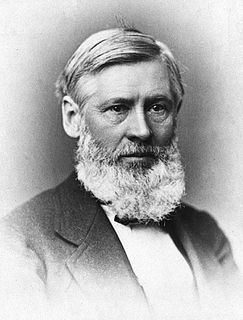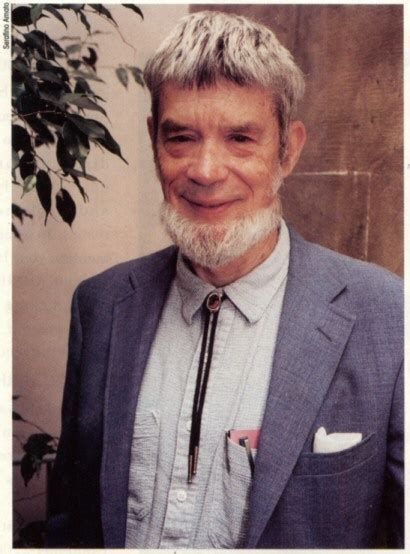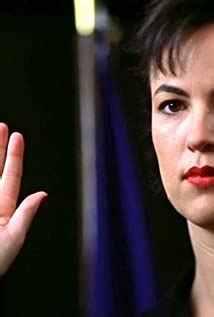A Quote by Annalee Newitz
Survivor species tend to have huge populations, so they can afford to lose many individuals and still survive as a species. They also tend to be small. If you're small, you need less food - which is great in a situation where famine is everywhere.
Related Quotes
We need to radically and intelligently reduce human populations to fewer than one billion. We need to eliminate nationalism and tribalism and become Earthlings. And as Earthlings, we need to recognize that all the other species that live on this planet are also fellow citizens and also Earthlings. This is a planet of incredible diversity of life-forms; it is not a planet of one species as many of us believe.
If new species arise very rapidly in small, peripherally isolated local populations, then the great expectation of insensibly graded fossil sequences is a chimera. A new species does not evolve in the area of its ancestors; it does not arise from the slow transformation of all its forbears.
co-author with Niles Eldridge
It is true that when we take chances, we stand to lose. But it is also true that we will never win anything if we never even enter the game. Lucky people are aware of the possibility of losing, and indeed they may lose often. But since the chances they take are small, the losses tend to be small. By being willing to accept small losses they put themselves in position to make large gains.
I stand by my assertions that although you can know what happens to any individual species that you modify, you cannot be certain what will happen to the ecosystem. Also, we have a strange situation where we have malnourished fat people. It's not that we need more food. It's that we need to manage our food system better.
The reduced variability of small populations is not always due to accidental gene loss, but sometimes to the fact that the entire population was started by a single pair or by a single fertilized female. These 'founders' of the population carried with them only a very small proportion of the variability of the parent population. This 'founder' principle sometimes explains even the uniformity of rather large populations, particularly if they are well isolated and near the borders of the range of the species.
I think this spring as the mosquito populations start to increase, we should be especially cautious about locations where we've had locally-transmitted Dengue virus. The same mosquito species that transmits Zika also transmits Dengue. It's confined primarily to Florida, South Florida, along the Gulf states and Southern Texas with a few small populations in Arizona and California.
An Individual, whatever species it might be, is nothing in the Universe. A hundred, a thousand individuals are still nothing. The species are the only creatures of Nature, perpetual creatures, as old and as permanent as it. In order to judge it better, we no longer consider the species as a collection or as a series of similar individuals, but as a whole independent of number, independent of time, a whole always living, always the same, a whole which has been counted as one in the works of creation, and which, as a consequence, makes only a unity in Nature.
From the point of view of the species, death is part of this whole process. You could say that species have evolved in such a way that individual members last a certain time. Perhaps a certain kind of species would be better able to survive if the individuals didn't last too long. Other kinds could last longer.
Which people take the time to care for their souls, these days? I reckon not many. But...hear this: I think that maybe in our lives - in our scrabbling for food, in the washing of our bodies and warming of them, in our small daily battles - we can forget our souls. We do not tend to them, as if they matter less. But I don't think they matter less.

































